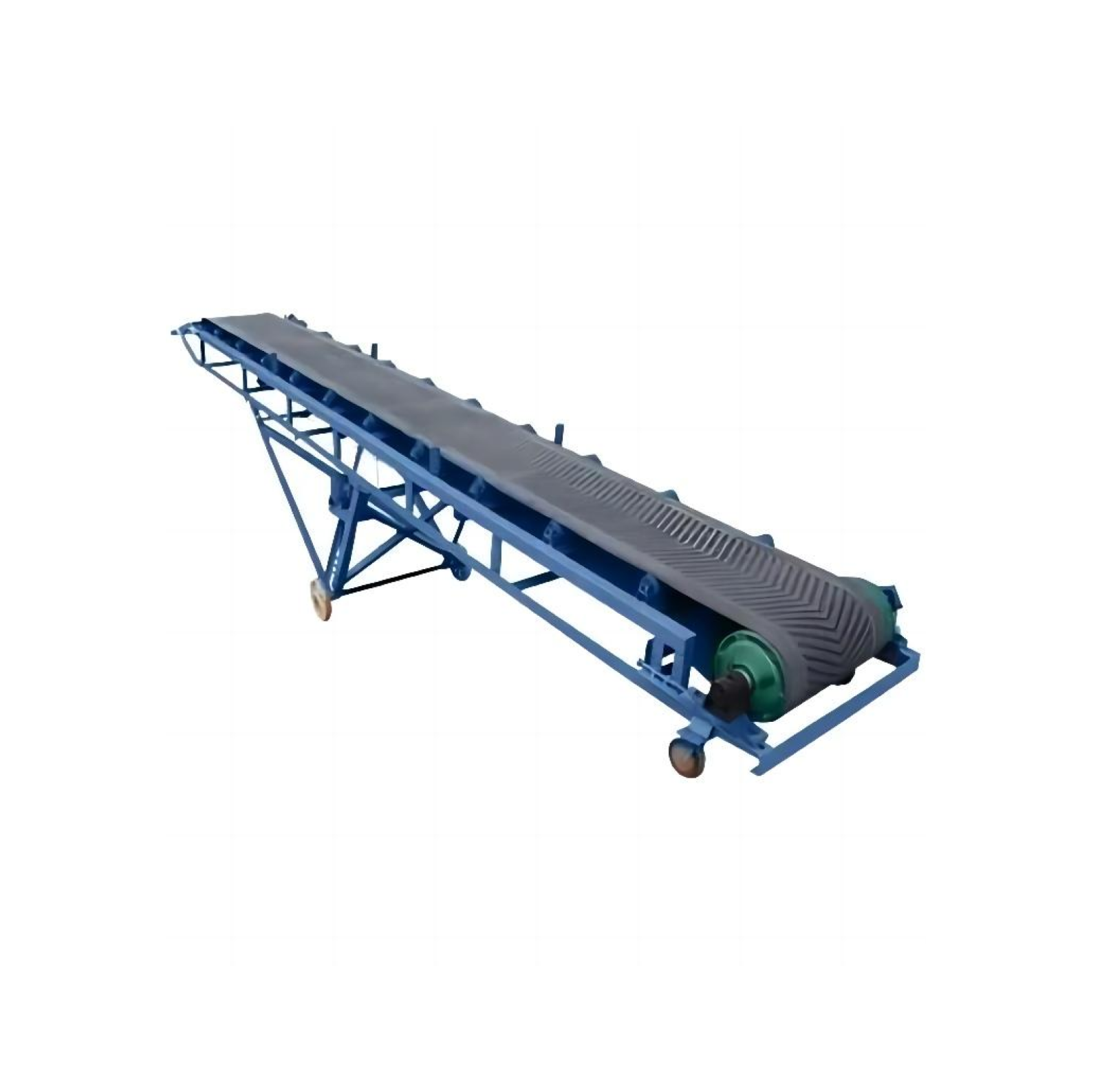In modern industry, improving material transportation efficiency has become one of the keys to business success. Among them, screw conveyors are widely used in various industries due to their superior performance and adaptability. This article will explore how to choose an efficient screw conveyor to help companies optimize material transportation.
First, we need to clarify the main types of screw conveyors on the market: including standard screw conveyors, mobile belt conveyors, and other customized solutions. Different types of conveyors have different application scenarios and performance indicators. Choosing the right type is the first step to achieve efficient material transportation.
 Mobile belt conveyors are suitable for situations where frequent position changes are required, and their flexibility makes material transportation more convenient.
Mobile belt conveyors are suitable for situations where frequent position changes are required, and their flexibility makes material transportation more convenient.
This lift can assist the screw conveyor to effectively lift and transport bulk materials, suitable for diverse needs such as construction and construction sites.
When choosing a screw conveyor, you need to have a deep understanding of the properties of the material, including particle size, weight, temperature, and whether it is corrosive, etc. These factors directly affect the material, design, and working efficiency of the equipment.
The performance parameters of each screw conveyor are different. Enterprises should comprehensively consider factors such as conveying speed, conveying capacity and power consumption, while paying attention to the durability and maintenance cost of the equipment.
Selecting the appropriate conveying speed and capacity according to production needs can effectively improve the efficiency of material transfer and avoid bottlenecks.
Choosing a more energy-efficient conveyor can help reduce the company's operating costs. Saving energy expenditure in long-term use is also an important aspect of sustainable development for the company.
When choosing a screw conveyor, companies also need to consider the supplier's reputation and after-sales service. Good after-sales service can provide timely solutions when equipment problems occur, reducing production risks.
By studying the supplier's market feedback and customer reviews, we can judge the reliability and quality of its products.
Ensure a clear after-sales service agreement is reached with the supplier, clarify the warranty terms and technical support to ensure the long-term stable operation of the equipment.
Choosing an efficient screw conveyor is the key to improving the efficiency of material transportation in an enterprise. By understanding the types of screw conveyors, material properties, performance parameters, and choosing the right supplier, an enterprise can maintain its competitive advantage and reduce operating costs in an ever-changing market environment. I hope the above suggestions can help you make your choice.
